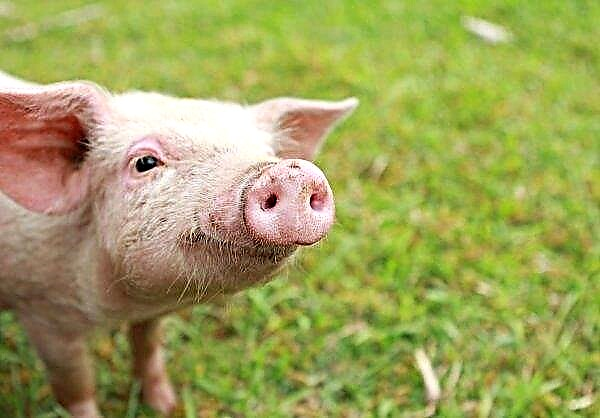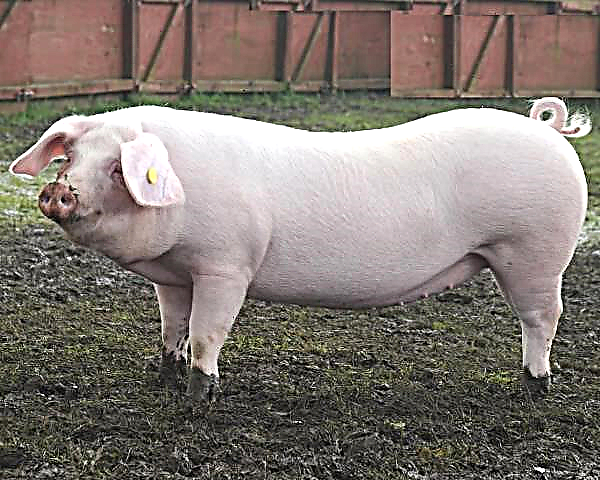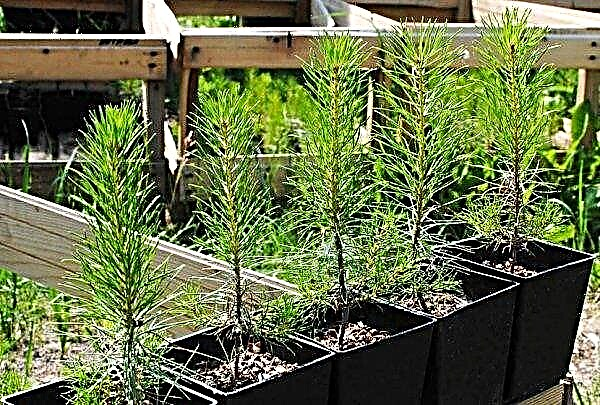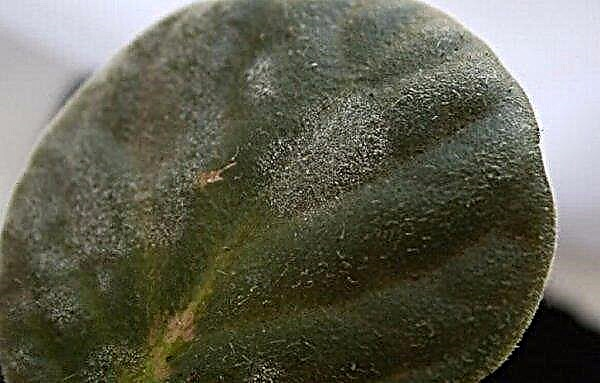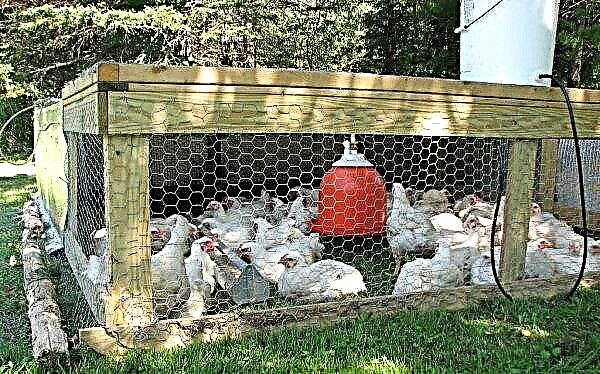Indonesia officially confirmed ASF outbreak, Australia is on high alert.
A deadly disease that has already exterminated 25% of the world's pig population has been reported in Indonesia. This is highly alarming in neighboring countries such as Australia and New Zealand.
The outbreak was confirmed in the province of North Sumatra late last week, while pig deaths in other provinces were also investigated.
Australian travelers to Asia are warned that they should not bring food and shoes that jeopardize their disease-free status. Direct speech: “Bali is a favorite vacation spot for Australians, as well as a region with a large number of pigs,” commented Minister of Agriculture Bridget Mackenzie.
 Domestic pigs are able to live in complex social communities and build relationships within the group. They love to play, including in a team.
Domestic pigs are able to live in complex social communities and build relationships within the group. They love to play, including in a team.
Australians caught importing pork products may face criminal prosecution or a lawsuit in a civil court and be ordered to pay up to AU $ 420,000 (US $ 290,000) and be sentenced to imprisonment on up to 10 years.
The Australian Government has allocated an additional 45 million to strengthen border biosafety. Foreigners convicted of trying to carry luggage with pork are denied entry into the country.
African swine fever (ASF) has now spread to 11 Asian countries, including: China, Mongolia, Vietnam, Cambodia, North Korea, Laos, Myanmar, the Philippines, South Korea, Timor-Leste and now Indonesia, according to the UN Food and Agriculture Organization. .
- Earlier, we reported that 9 infected boars were found in Poland near the border with Germany.
- Japan is preparing a series of measures that will increase biosecurity at pig farms in the event of an outbreak of ASF.
- Despite laboratory tests showing that there is no African swine fever in Southeast Asia, more than 4,000 pigs have died.
- We also wrote that in Russia there was a discussion of the epizootic situation in ASF and the causes of its outbreaks in the country.
- As African swine fever spreads across many Asian and European countries, pig owners in New Zealand are vigilant.

